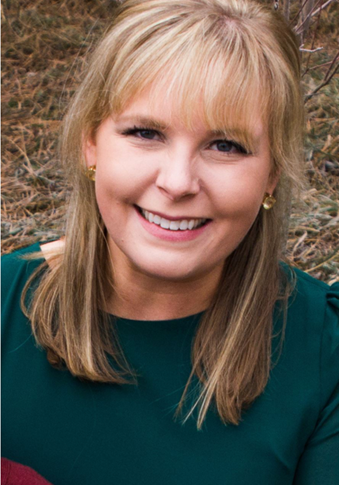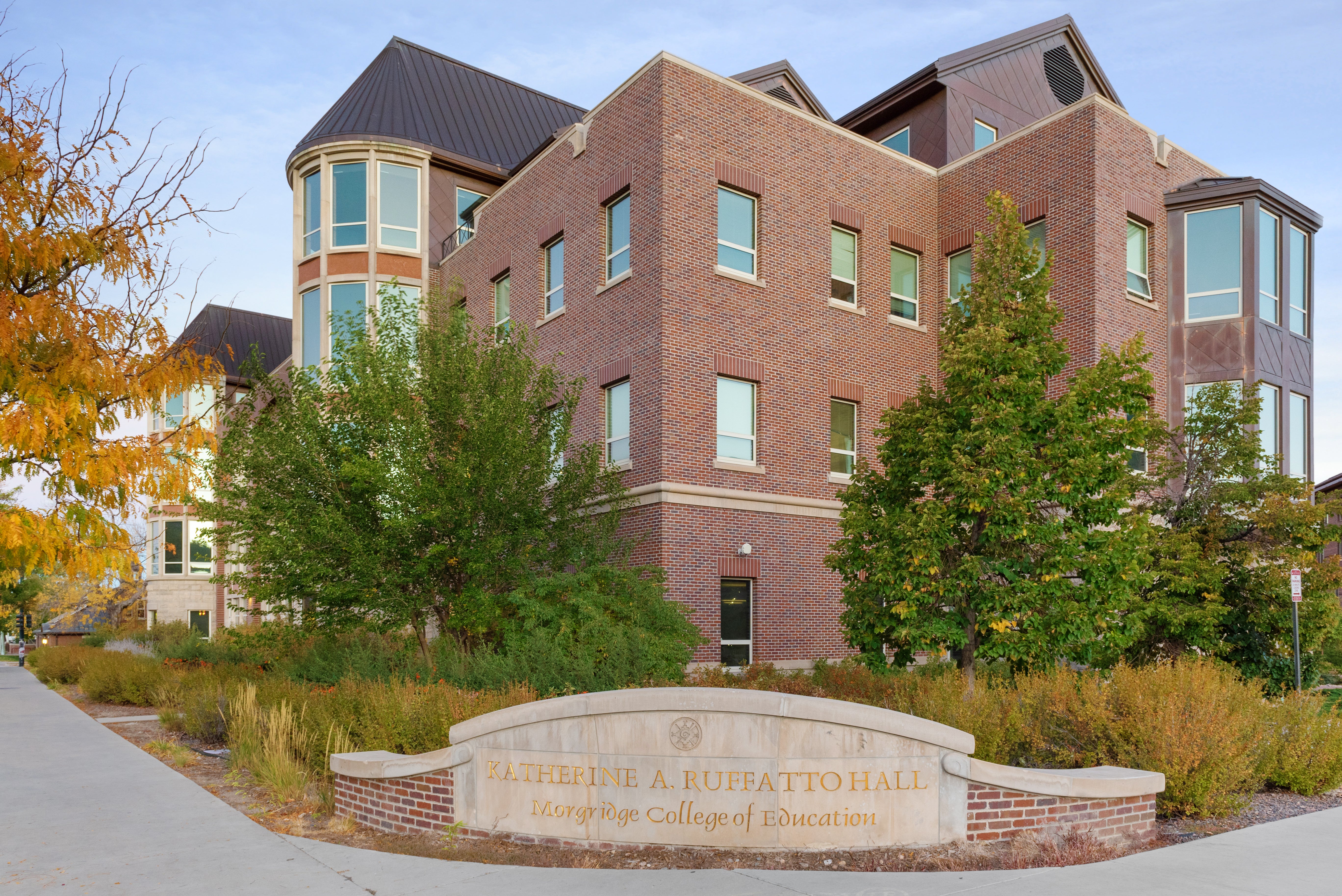Whether you see yourself supporting children’s mental health, providing crisis response, implementing interventions, or creating policies, DU’s NASP-accredited School Psychology Education Specialist (EdS) program sets you up for success. Additionally, all of our graduates become NASP PREPaRE Certified, which means you're trained in a comprehensive school crisis curriculum, which is an in-demand training credential to already have at the start of your school psychology career.
With a 100% employment rate, our graduates work in various settings, all dedicated to bettering the lives of children and families. You can prioritize addressing systemic factors alongside individual needs, striving for equity in schools and communities. With strong ties to local districts, you'll gain real-world experience and make a meaningful impact.
Start Dates: Fall
Curriculum: 90 Credit Hours
Program Length: 21 Months of on-campus coursework and 9 Months of internship
100 Percent field placement rate through opportunities students engage in during their studies
100 Percent job placement at graduation
100 Percentage of admitted students who receive some form of tuition assistance from the Morgridge College of Education
Education Specialist in School Psychology
How our curriculum prepares you for your career in School Psychology
Gain experience to develop as a practitioner
Extensive practical experiences with scaffolded supervision help you grow from a critical observer to an active contributor and eventually an independent practitioner.
Be highly competitive for internship opportunities
You are highly competitive for internships, including in the Denver metro area where interns earn, on average, $25,000 to $40,000 with potential for benefits.
Provide educational services at an on-campus clinic
You gain applied experience while providing community-based services at an educational services clinic on campus. Technology is utilized in the clinic to support live supervision.
Obtain a master of arts degree
You will receive a Master of Arts on your way to your EdS degree.
Attain an optional specialization
Specialization paths include Early Childhood and Adolescent Addictions.
Request for Information
Application Information
Developmental and Psychological Foundations - 6 Credit Hours
- CFSP 4304 - Diversity in School and Community Settings
- CFSP 4316 - Infant through Adolescent Development
Learning Theory, Educational Foundations, and Special Education - 6 Credit Hours
- CFSP 4306 - Exceptionalities in Special Ed
- CFSP 4312 - Learning Theories and Behavioral Analysis
Legal, Ethical, and Professional Foundations - 4 Credit Hours
- CFSP 4301 - Professional, Legal and Ethical Issues in School Psychology
Research, Measurement, and Program Evaluation - 7 Credit Hours
- RMS 4910 - Introductory Statistics
- CFSP 4363 - School Psychology Program Development and Evaluation
Individual Evaluation and Assessment - 12 Credit Hours
- CFSP 4321 - Psycho-educational Assessment I
- CFSP 4322 - Psycho-Educational Assessment II
- CFSP 4323 - Psycho-Educational Assessment III
Collaborative Consultation with Families and Schools - 9 Credit Hours
- CFSP 4330 - Family-School Partnering and Consultation
- CFSP 4331 - School and Organizational Consultation I
- CFSP 4332 - School and Organizational Consultation II
Prevention, Wellness Promotion, Counseling and Crisis Intervention - 20 Credit Hours
- CFSP 4303 - Psychopathology: Prevention, Diagnosis, Treatment
- CFSP 4336 - Preschool Interventions
- or CFSP 4319 - Counseling Adolescent Addictive Behaviors
- CFSP 4337 - School Age Academic Competencies and Interventions
- CFSP 4340 - School Mental Health Counseling I
- CFSP 4341 - School Mental Health Counseling II
- CFSP 4342 - Crisis Intervention and Prevention
Collaborative Consultation with Families and Schools - 9 Credit Hours
- CFSP 4330 - Family-School Partnering and Consultation
- CFSP 4331 - School and Organizational Consultation I
- CFSP 4332 - School and Organizational Consultation II
Applied Courses - 9 Credit Hours
- CFSP 4349 - School Psychology Practicum I
- CFSP 4353 - School Psychology Practicum II
- CFSP 4351 - School Psychology Practicum: Clinic Assignment
Culminating Field Experience - 6 Credit Hours
- CFSP 4355 - School Psychology Internship - EdS (1200 hours one year full-time OR two years half-time (taken three times consecutively)
Final Assessment
- Praxis II/NASP Exam (score of 165 or greater)

Get Started on Your EdS in School Psychology
Build your career in school psychology with an Education Specialist degree from the University of Denver’s Morgridge College of Education









